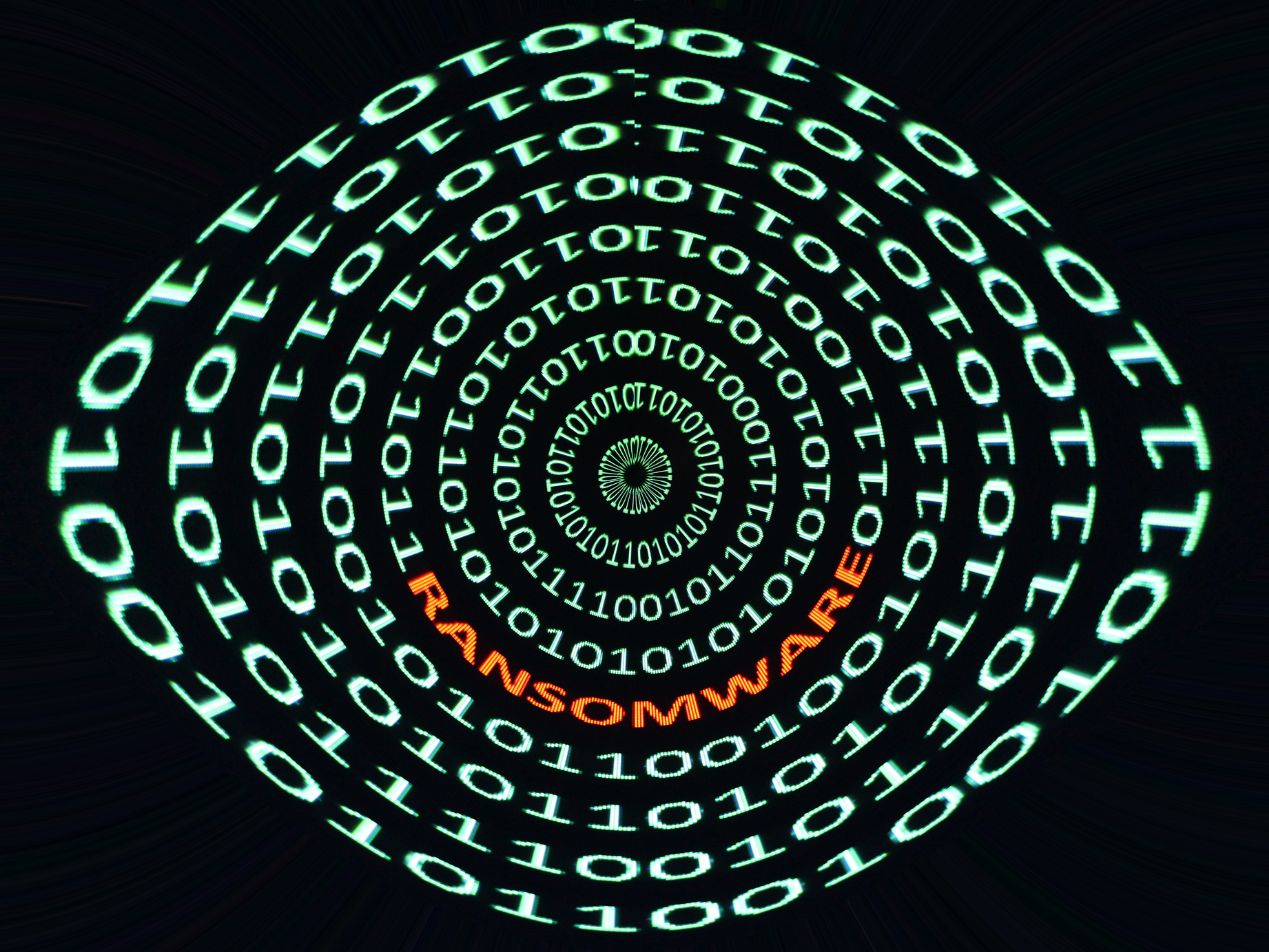
In a landmark move to bolster cybersecurity in rural healthcare, U.S. Senators Josh Hawley (R-Mo.) and Gary Peters (D-Mich.) have introduced the Rural Hospital Cybersecurity Enhancement Act. This bipartisan legislation addresses the acute shortage of skilled cybersecurity professionals in rural hospitals, which are increasingly targeted by cybercriminals due to their limited resources.
Why it matters
Rural hospitals are vital to the healthcare infrastructure, providing essential services to communities with limited access to healthcare. However, these hospitals often lack the resources to invest in robust cybersecurity defenses and staff, making them particularly vulnerable to cyberattacks. The proposed legislation seeks to address this gap by mandating the Cybersecurity and Infrastructure Security Agency (CISA) to develop a comprehensive cybersecurity workforce development strategy tailored to these healthcare facilities.
The bill in detail
The Rural Hospital Cybersecurity Enhancement Act outlines several key mandates for the CISA Director. These include the exploration of public-private partnerships, the development of curricula and training resources, and policy recommendations in the creation of the strategy. The bill also requires the creation of instructional materials for rural hospitals to train staff on fundamental cybersecurity measures.
Furthermore, the Secretary of Homeland Security is mandated to provide annual updates to the Senate Homeland Security and Governmental Affairs Committee and the House Committee on Homeland Security regarding the strategy and any implemented programs.
The bigger picture
The introduction of this legislation follows a recent hearing that identified rural healthcare facilities as soft targets for cybercriminals. With the increasing frequency of cyberattacks on healthcare institutions, the need for improved cybersecurity measures has never been more urgent.
The bill represents a significant step towards ensuring rural hospitals have the tools to protect patient information and provide lifesaving care even as criminal hackers continue targeting their networks.
Related: HIPAA Compliant Email: The Definitive Guide
What they're saying
"Congress must take action to shore up the ability of small-town hospitals to defend themselves from cyberattacks," said Senator Hawley. "By working to improve cybersecurity preparedness and develop a robust cybersecurity workforce in rural hospitals, we can help protect the sensitive medical and personal data of American patients and defend our national security."
Senator Peters stated, "Ransomware attacks against hospitals and health care systems that compromise sensitive medical information and disrupt patient care must be stopped. Unfortunately, small and rural hospitals often lack the resources to invest in cybersecurity defenses and staff to prevent these breaches. This bipartisan legislation will require the federal government to ensure our most vulnerable health care providers have the necessary tools to protect patient information and provide lifesaving care even as criminal hackers continue to target their networks."
Between the lines
The cybersecurity gaps are most significant at small rural hospitals. Staff at these hospitals is often scarce and stretched thin, making it rare to find individuals specifically assigned to handle security. The proposed legislation aims to address this issue by developing a robust cybersecurity workforce in these settings.
What's next
The bill now awaits further action in the Senate. If passed, it could significantly alter the cybersecurity landscape for rural hospitals, providing them with much-needed resources and support to defend against cyber threats.
The bottom line
The Rural Hospital Cybersecurity Enhancement Act could significantly improve the cybersecurity posture of rural hospitals. By addressing the shortage of skilled cybersecurity professionals and enhancing digital security protocols, the bill could help protect sensitive medical and personal data of American patients and defend our national security.
One level deeper
The introduction of this bill is a testament to the growing recognition of the cybersecurity threats facing the healthcare sector. As digital health records become increasingly common, the need for robust cybersecurity measures is paramount. This legislation is a step in the right direction but also underscores the ongoing challenges in securing healthcare data.
The future implications
If passed, this legislation could set a precedent for future cybersecurity measures in the healthcare sector. It could lead to a greater focus on cybersecurity in other vulnerable areas of the healthcare system, potentially leading to more comprehensive and effective defenses against cyber threats.
Subscribe to Paubox Weekly
Every Friday we'll bring you the most important news from Paubox. Our aim is to make you smarter, faster.

 Dean Levitt
Dean Levitt



